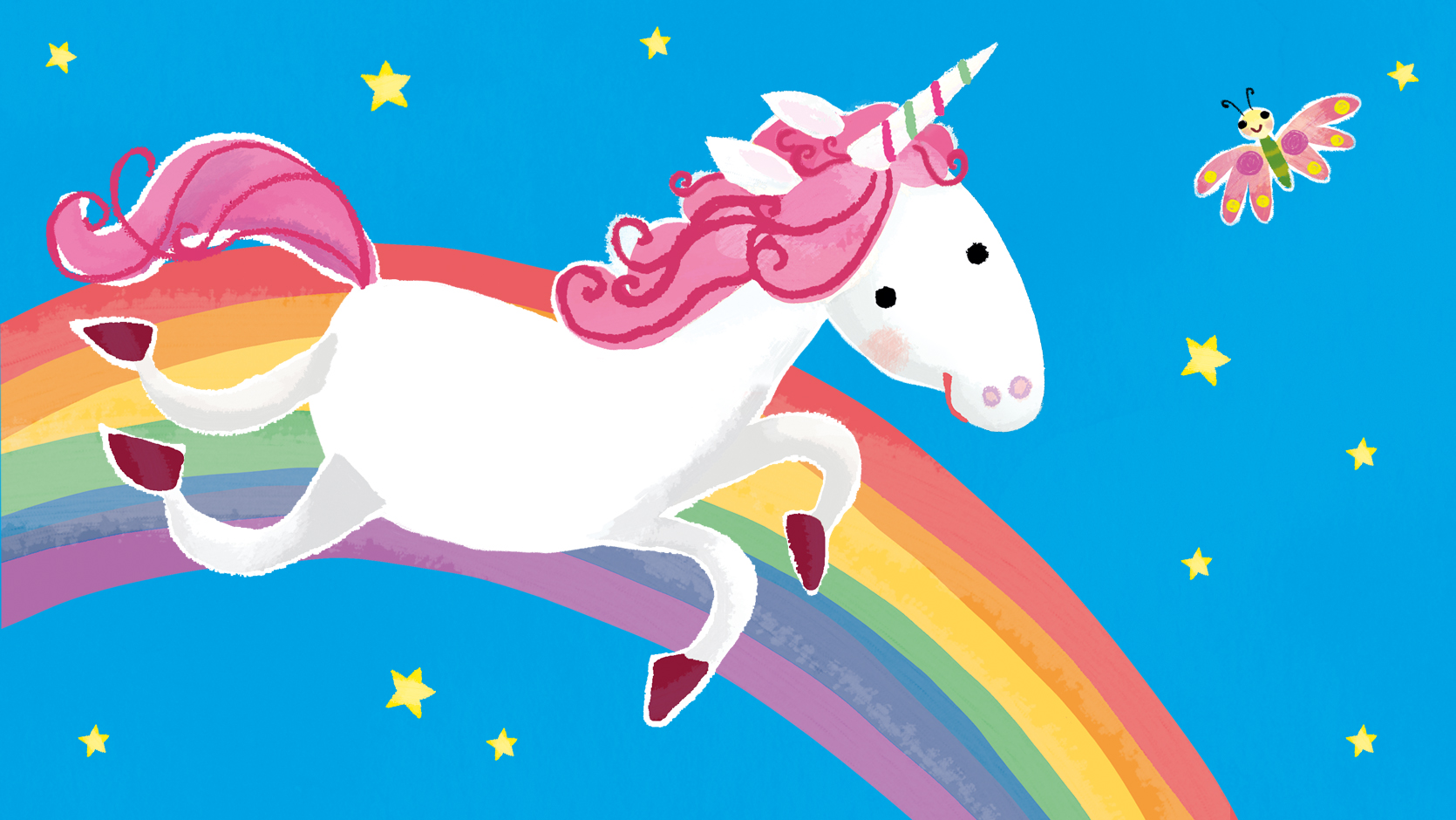- Behind the scenes at Usborne
Breaking news: Neptune named as 18th planet in the Solar System!


Alex Frith, co-author of 100 Things to Know About Space
Hi, I'm Alex Frith – co-author of 100 Things to Know About Space.
But how many planets do you think there really are in the Solar System?
Did you say eight? Well done! As of 2017, there are officially eight planets in our Solar System. So much for the basic facts.
“Hey!” some of you will be shouting, “there are definitely nine planets!” It’s true that there used to be nine planets. Poor old Pluto, out beyond Neptune, was officially classified as a planet from its discovery in 1930 up until 2006, when the International Astronomical Union decided it was now a ‘dwarf planet’ – along with four other dwarf planets, three beyond Pluto, and one in the Asteroid Belt.
Watch a video clip where authors Alex Frith, Alice James and Jerome Martin talk about writing 100 Things to Know About Space:
Now we’re reaching "hey, some of you knew that, some of you didn’t", territory.
But did you know that the story of planets is much, MUCH more complicated than that? Back in 1846, when Neptune was first discovered, it was named as the 18th planet in our Solar System? It only became the 8th planet in 1850, when a group of astronomers re-classified ten asteroids they’d found between Mars and Jupiter.

The word ‘planet’ means ‘wandering star’. When it was coined, astronomers didn’t know what ‘planets’ were at all – because, as far as people could tell, there wasn’t really much difference between one bright dot and another. When Galileo first looked into space through his spanking-new telescope in 1610, his picture of the Universe couldn’t have been more different from our mental picture today!


There’s so much to learn about space, from what’s out there, to the people that explore it, to the theories people have about where it came from. Almost none of this is stuff you need to know. But who cares about what you need to know, such as the names of the eight planets, when you can discover that spacesuits were inspired by caterpillars, or that Sagittarius B2 tastes of raspberries, or that snow on Mars falls as cubes?
It’s not all simple facts. Some of the most fascinating things about Space belong in the category of hard science – for instance, things that people often get wrong, such as why it is that astronauts in space are weightless (hint: it’s not because there’s ‘less gravity’).
Don't be scared of hard science – it can be off-putting if you try to understand all the equations that scientists use to explain their ideas, and often, you don’t need to. To be honest, the hardest science of all is so difficult that nobody understands it, and I think some of that is the most interesting stuff. For instance, what is dark matter? Or what would happen if you fell through a wormhole…
As long as you’ve got 100 Things to Know About Space handy, you won’t be bored on your journey, at least.








